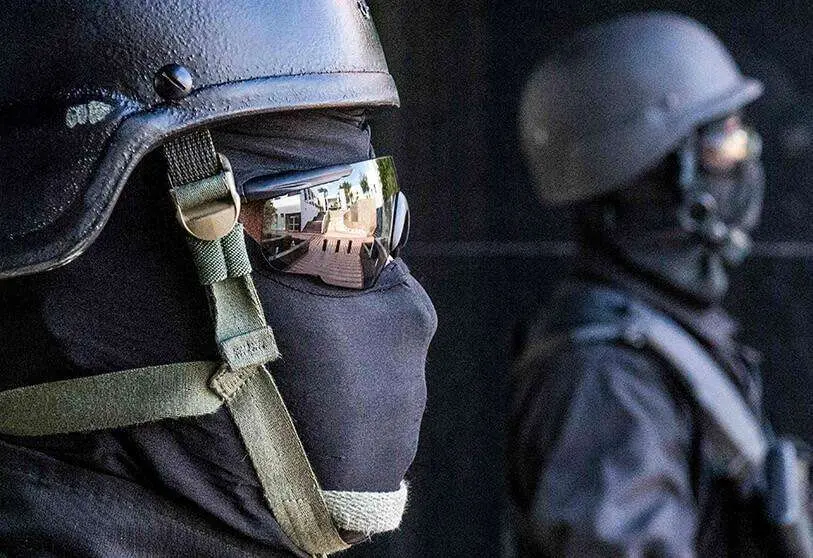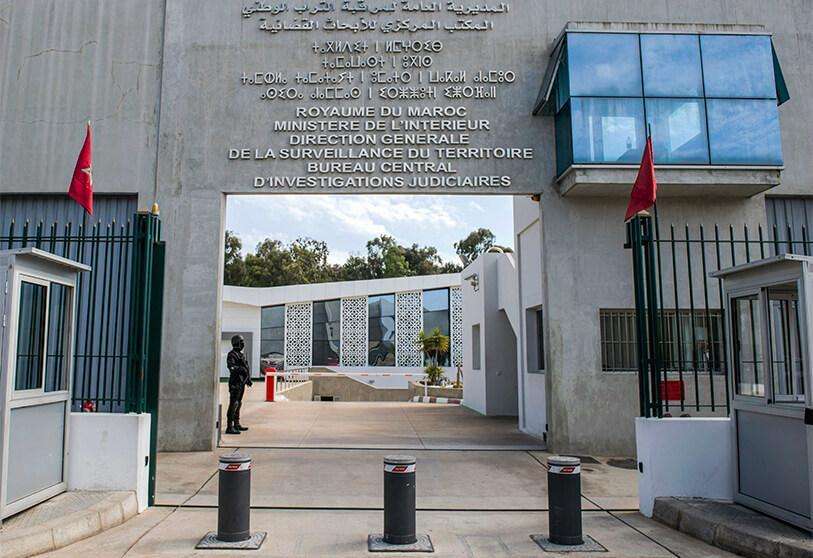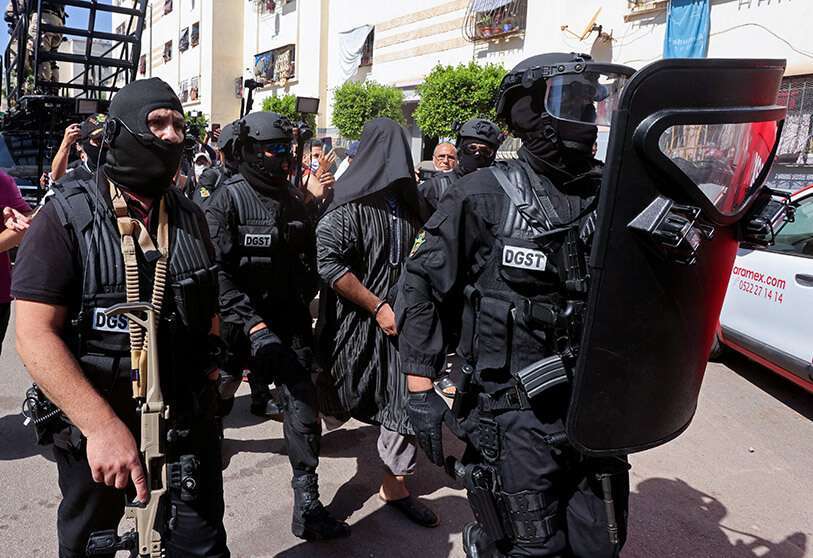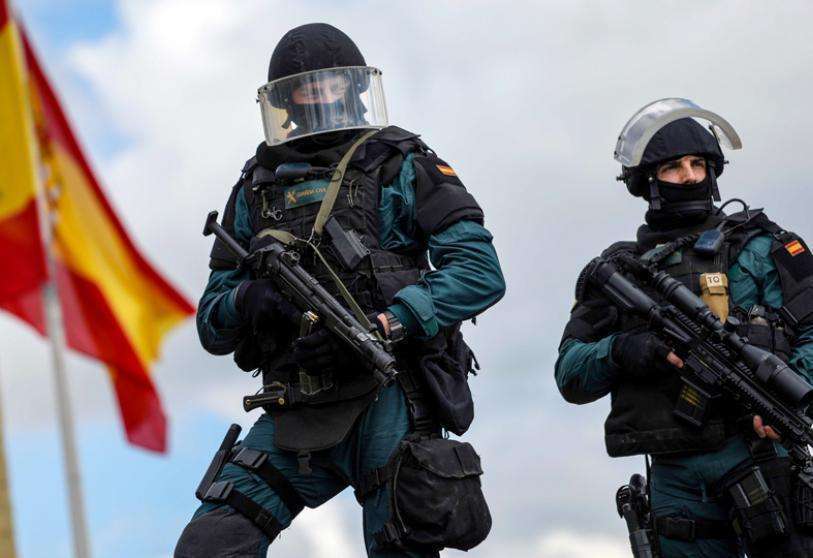Marruecos y España desmantelan una célula terrorista vinculada a Daesh

The Spanish National Police Corps and the Moroccan Police dismantled a terrorist cell linked to the Daesh group made up of three people who were prepared to commit attacks and who were also looking to join this jihadist group in the Sahel.
One of the suspects arrested was based in the south of the North African country and the other two in Almeria, in the south of Spain.
According to the Central Bureau of Judicial Investigation (BCIJ), the detainees were attached to Daesh and "showed their willingness to take part in terrorist operations, short of joining Daesh fiefdoms in the Sahel region", as reported by the official Moroccan news agency MAP.
According to the Moroccan counter-terrorism body, the detainees sought to spread and promote extremist ideas in order to recruit followers to the ranks of the jihadist group.

The arrest of the alleged terrorist resident in Morocco took place in the province of Chtouka Ait Baha, south of Agadir, and in the search of his home, the Moroccan Police found computer equipment, a metal weapon, a hood and manuscripts advocating the Islamic State or Daesh.
This person was taken into police custody in Morocco and the Public Prosecutor's Office in charge of terrorism and extremism cases is conducting a judicial investigation into his person.
Meanwhile, the two detainees in Spain will also be brought before the courts to carry out the relevant investigation procedure.

According to the BCIJ, those arrested were in contact with members of the jihadist organisation dedicated to recruiting and facilitating the access of followers to the Sahel area of Africa, where Daesh has a strong presence. Daesh currently leads a network of active branches on several continents, each with a high degree of autonomy, and regional leaders make decisions based on the context of each area. Ultimately, Daesh functions as a decentralised network of regional armed franchises connected through a global leadership. The gradual disappearance of the terrorist organisation's leaders, such as Abu al-Hassan al-Hashemi al-Quraishi, does not in principle affect the operations of regional affiliates, as diplomat Hansi Escobar has pointed out in a publication by the Spanish Ministry of Foreign Affairs.
Since the fall of the Caliphate in Syria and Iraq, Daesh has managed to spread its activity throughout the Sahel, Central and East Africa, North Africa, Afghanistan and Southeast Asia, taking advantage of conflicts and national crises in various countries that are home to Muslim populations. Growing instability in Africa has become a breeding ground for insurgent organisations linked to jihadist groups such as Daesh and al-Qaeda.

And in the face of this activity, the anti-terrorist police work deployed by Morocco and Spain is vital for security both on the African continent and at the gateway to Europe on its southern flank.
This operation once again demonstrates the good security cooperation between the two countries. A collaboration that has always existed for the benefit of both nations and their populations in order to tackle a scourge as harsh as fundamentalist terrorism, even during the last diplomatic crisis between the two nations almost two years ago.
Relations between the two neighbours became strained when the Spanish government allowed Polisario Front leader Brahim Ghali to enter the country to be treated for a serious respiratory condition in a hospital in Logroño in April 2021, which was harshly criticised by the Moroccan kingdom for the lack of information and cooperation on the Spanish side. The deterioration of relations continued afterwards with other episodes such as the withdrawal of the Moroccan ambassador Karima Benyaich from Madrid, until Spain decided to redirect the situation in order to recover better ties with a key partner such as Morocco. This came with the recognition by Pedro Sánchez's government of Morocco's proposal for Western Sahara as the most 'serious, credible and realistic' way to end the Sahrawi conflict. From there came the important meeting in Rabat between King Mohammed VI and the Spanish Prime Minister, Pedro Sánchez, in which the current roadmap was established to determine the deep cooperation and collaboration that now exists in various areas between Morocco and Spain.








